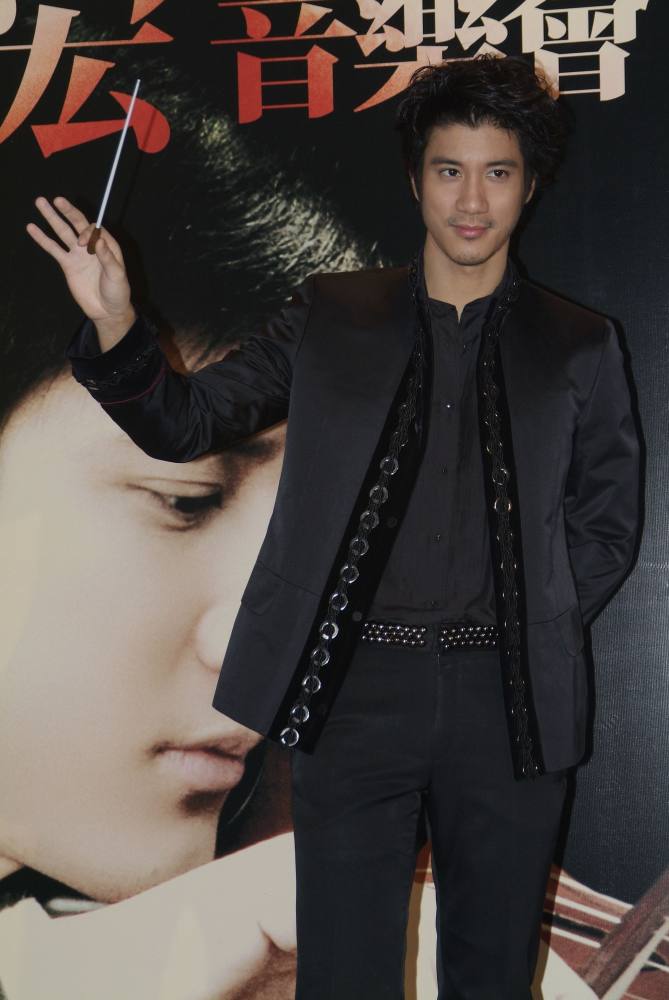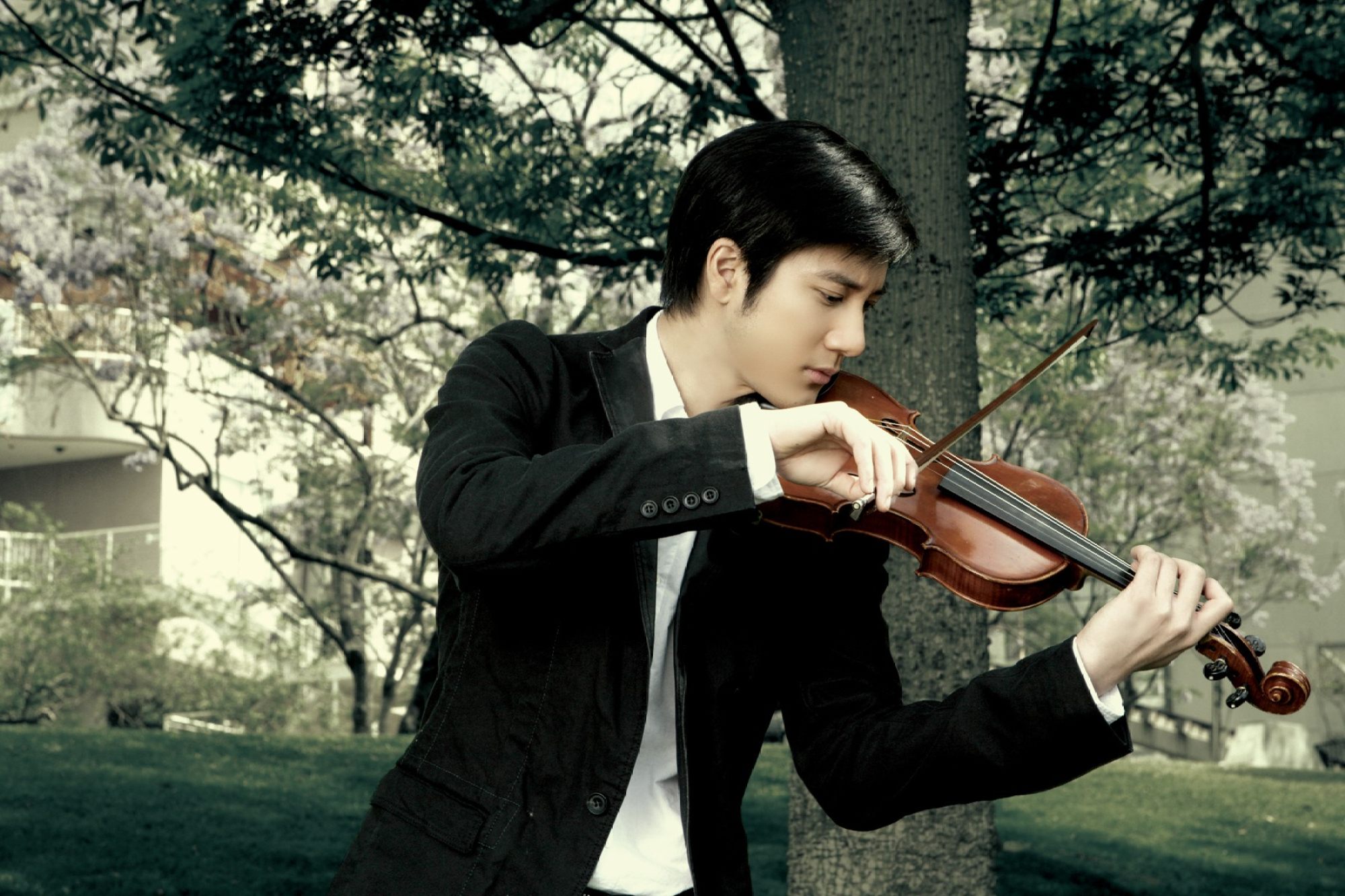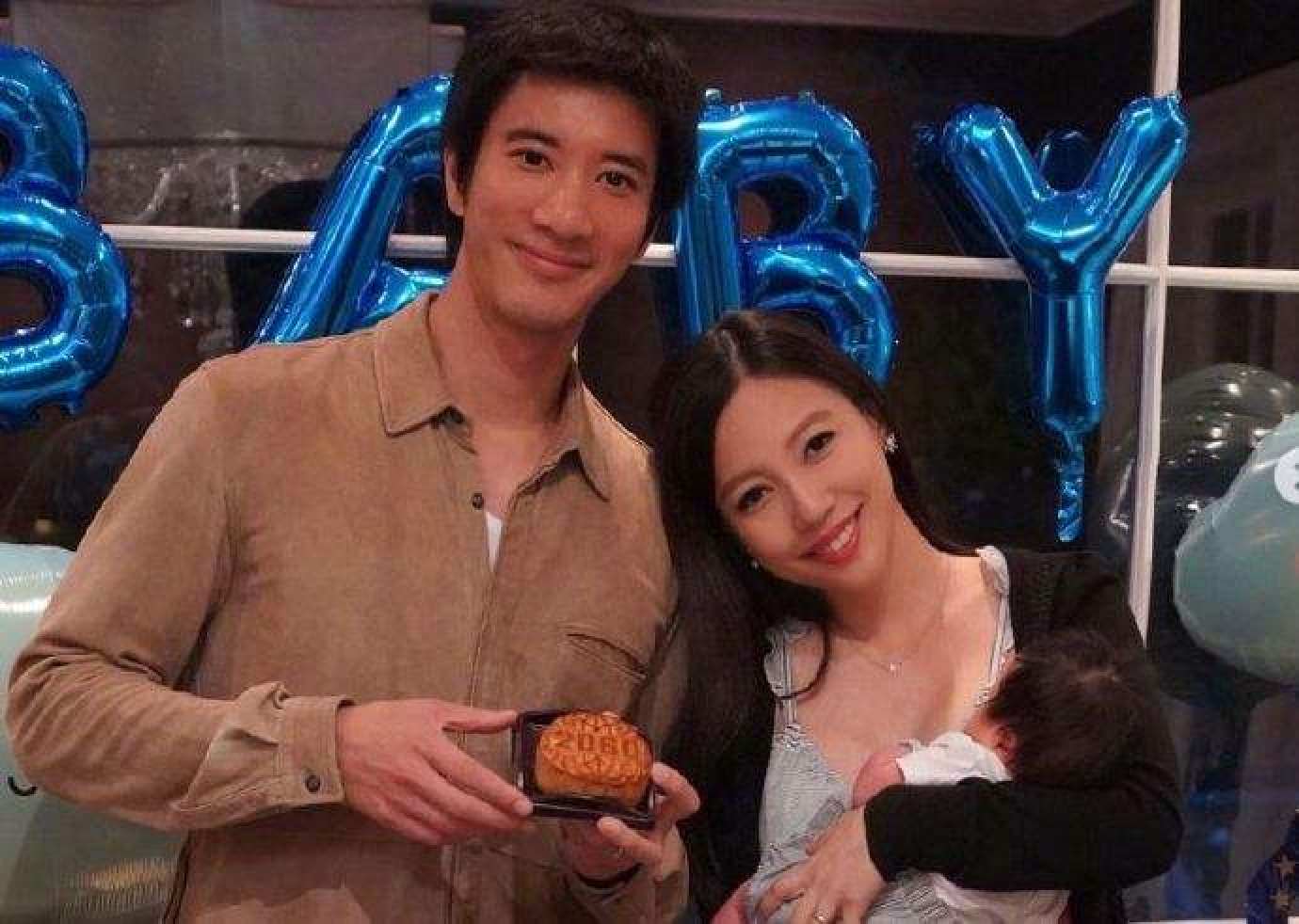Opinion / Wang Leehom’s divorce is making Chinese women rethink marriage and gender equality – what Lee Jinglei’s Weibo revelations mean for Asian millennials

The bombshell news that Taiwanese-American singer-songwriter Wang Leehom and his wife Lee Jinglei are divorcing has swept up the internet in the past week. Dubbed “the biggest melon” – meaning celebrity gossip in Chinese internet slang – the drama has even propelled state media giant Global Times into the fray to comment on the affair.

A fairy tale marriage gone sour
Here’s a quick recap of what happened. On December 15, the singer announced that he and his Taiwanese-Japanese wife of eight years had filed for divorce, asking the public for privacy so they could handle the matter privately. Later, Taiwanese media reported that Wang, 45, is having an affair with Singaporean singer Yumi Bai, one of the 29-year-old twins in girl band By2.
Things exploded when Lee made a long, revelatory Weibo explaining the real reasons the couple parted ways, sharing a long list of details about Wang’s alleged infidelities, including the affair with Bai. Lee, 35, also claimed she has proof Wang frequented prostitutes, and that Wang had admitted as much to her.

Lee also put emphasis on how she was mistreated by Wang and his family, saying she felt reduced to a “birth-giving tool” while suffering from their emotional violence.
The situation further escalated when Wang’s father published a handwritten letter accusing Lee of being a “manipulative, calculative gold-digger”. He further alleged that Lee had made demands of large quantities of the family’s assets, including their luxury Taipei mansion valued at around 100 million yuan (US$15.7 million).
Lee immediately fought back against her father-in-law’s accusations and demanded a personal apology from Wang.
Wang was chosen as an Wahaha ambassador for his clean, refreshing image, an apparent reflection of the purity of the clear water
It finally came on Monday, December 20. Wang apologised on Weibo and announced that he would stop working to focus on handling his family matters.
Meanwhile, Bai and Vivian Hsu, another Taiwanese celebrity suspected of having an affair with Wang, both came out with statements of denial. On Wednesday morning, December 22, Taiwanese media also reported that Bai had been hospitalised following a suicide attempt.
As of Wednesday, high-profile celebrities including Jay Chou and Karen Mok had stopped following Wang on social media channels.
No prince charming after all
To many fans of a certain generation, Wang appeared as an ideal man – and a talented music artist, too. Born and raised in New York, Wang mixed American R&B and hip-hop with traditional Chinese instruments and musical motifs, drawing from Peking opera and ancient poetry to create a new sound that rang fresh to Chinese ears. He was one of the earliest Taiwanese entertainers to dominate the mainland Chinese market, with iconic songs like Zai Mei Bian, Descendants of Dragon, Mistake in the Flower Fields and The One.

A time for reflection – and change
This scandal should serve as a timely reminder that our society remains far from fair – that traditions, perceptions and gender roles remain widely stacked against women
But the exposure of Wang’s misdeeds is especially disappointing to a Chinese public who have long believed in his wholesome image. Throughout his career, Wang projected the guise of the perfect gentleman, someone who boasted both good looks and a good personality: tall and attractive, an amazing voice, a prestigious family, an educational background from Boston’s Berklee School of Music, musical talent … he was almost too good to be true.

Or, as Jackie Chan once put it, “Leehom is so outstanding, I wish he was my son.” To Chinese society at large, Wang represented the kind of ideal man most would find it hard to say no to when it comes to marriage.
The way it all came crashing down has struck a particularly pertinent chord. While gender inequality is a universal issue, China’s unique social fabric poses an aggrandised challenge for women, who have long endured endemic male superiority. The country only outlawed concubinage when the Chinese Communist Party came to power in 1949, and a blind eye was still often turned to men’s extramarital relationships for decades to come.

While in recent years, there has been improvement in women’s rights and status in wider society, gender roles remain largely unchanged, or unchallenged, behind the closed doors of a marriage. To many, the perception that a male family head should work to feed the family – while women stay at home and sacrifice their careers, if necessary, to raise the children – is still widely endorsed across the generations today.
So when Wang’s case went public, many women found it easy to relate to Lee’s outrage and sorrow. While admiring Lee’s courage in speaking out, they lamented the position she was left in, and their own prospects at finding a loyal and respectful partner.
Soon, Lee’s Weibo post was flooded with comments arguing that this scandal should serve as a timely reminder that our society remains far from fair – that traditions, perceptions and gender roles remain widely stacked against women, and that the time for equality is now.

- Wife Lee Jinglei’s revelatory Weibo posts sparked a furious social media debate, with many millennials arguing that society is long overdue in catching up with the times
- Chinese celebrities like Jay Chou and Karen Mok unfollowed the Taiwanese-American star following accusations of affairs with Singaporean star Yumi Bai